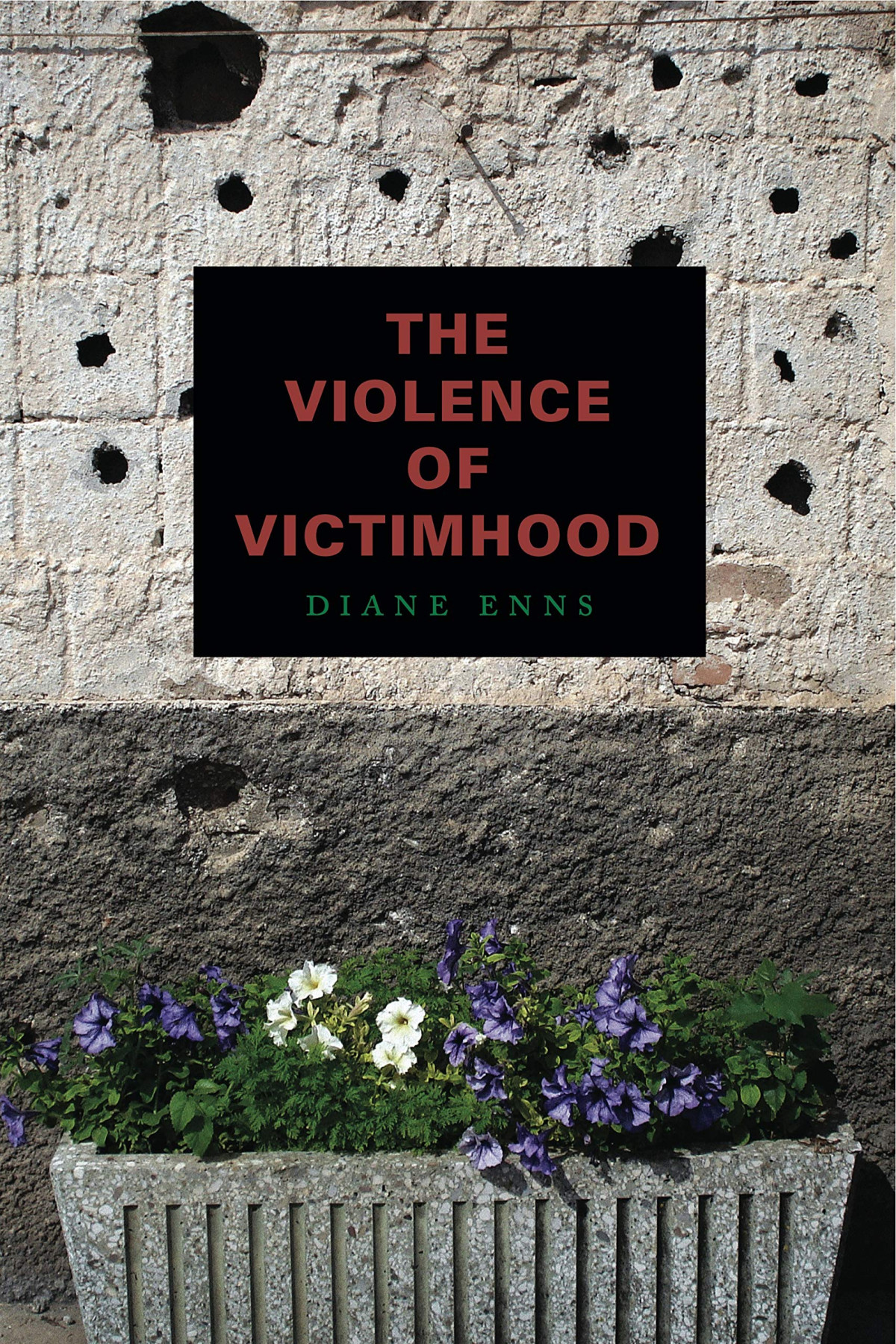

Most ebook files are in PDF format, so you can easily read them using various software such as Foxit Reader or directly on the Google Chrome browser.
Some ebook files are released by publishers in other formats such as .awz, .mobi, .epub, .fb2, etc. You may need to install specific software to read these formats on mobile/PC, such as Calibre.
Please read the tutorial at this link: https://ebookbell.com/faq
We offer FREE conversion to the popular formats you request; however, this may take some time. Therefore, right after payment, please email us, and we will try to provide the service as quickly as possible.
For some exceptional file formats or broken links (if any), please refrain from opening any disputes. Instead, email us first, and we will try to assist within a maximum of 6 hours.
EbookBell Team

4.1
80 reviewsFrom the review by Mark Schaukowitch:
The Violence of Victimhood asks the question: Do victims have a responsibility? Shockingly, Enns argues that victims do have a responsibility to their own victims and to those who could potentially become a victim. However controversial, The Violence of Victimhood is an excellent book that complements ongoing research on ethics and ethical judgment in the fıeld of rhetoric while explicating extremely clearly “high theory” from philosophers of communication in Europe, such as Hannah Arendt, Emmanuel Levinas, and Jacques Derrida. Enns critically assesses discourses of nationstate founding situations, child soldier narratives, rape narratives, and accounts of genocide to argue that judgment is our responsibility when staking claims to the identity of victim for purposes of political empowerment. Certainly tough to digest at points because of some extreme accounts of violence, Enns’s book makes a welcome contribution to thinking past victimhood as being a ground on which we lay claim to community and political action.